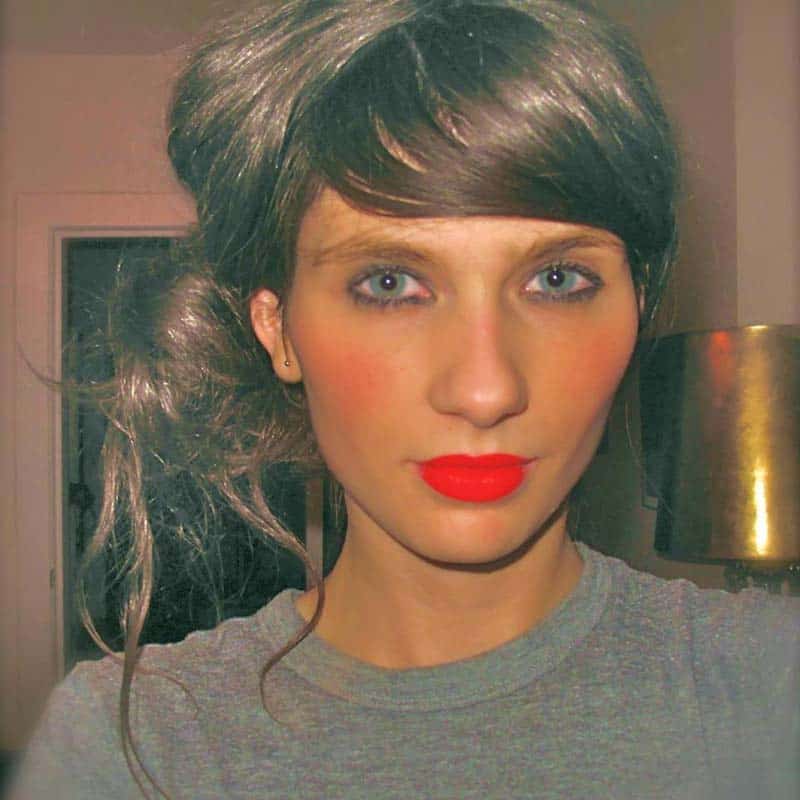We’re constantly inundated with images that support the idea that we should cling to our youth like it’s a handbag and we’re walking home on an old episode of Law & Order. But here’s what: With age comes experience and wisdom, and to me, it feels pretty un-feminist to attempt to erase the physical evidence of that accumulation of knowledge. When Michelle Obama’s second official White House portrait was released, we noticed some cool grey strands in her bangs. Lookin’ good, agin’ graceful, FLOTUS! But so many women choose to mask their experiences, and their greys. And there’s nothing wrong with it, but it got me thinking. Why do we dye?
Well, there are a lot of reasons. In a world where women already have to fight for equality, and where rapidly shifting technology means youth is even more valued in the workplace, it can feel like a professional disadvantage to show your age. And, of course, most women in the public eye, from government officials to Hollywood icons, choose to bury their roots. Anouchka Grose writes, in an insightful Guardian article, that grey hair signifies that women are past their sexual prime, and misogynist society portrays them as turning against the world as a result. Therefore, grey haired women are “witches” and “evil.”
So maybe the impulse to hide grey comes from something more primal than pressure related to jobs or the media. Maybe the instinct to cloak grey hairs comes from a desire to express that older women are still capable of desire; that they are still desirable. As Jamie Lee Curtis and other Grey Ladies suggest, grey hair does nothing to dampen sexual-icon status, but it’s not a surprise that so many women feel that way. An article in Oprah suggests that letting grey hair fly free is a courageous act of rebellion (and then proceeds to break down, step by step, how to best apply your makeup as “grey demands more colour, more wattage”).
So what if you’re going grey young? There’s a perception held by some that going grey early is due to stress, but it can also just be due to genetics. There’s a great essay on Fabulous written by an art lecturer who started going grey at 17, and just went with it.
In the cultural dialogue, grey hair unfortunately often becomes another metaphor for everything that is wrong with how our society views women—just another superficial method of demeaning our power and sexuality. Men are allowed to wear their grey as a testament to a long life of accumulated experience. But women are expected cloak theirs, and at the same time, look less experienced and therefore undermine their amassed knowledge, wisdom, and power.
While I may be thinking differently if I start to go grey, for now I would like to think that I’ll wear those strands, like wrinkles, as a symbol of how far I’ve come.



 Follow Us On Instagram
Follow Us On Instagram
